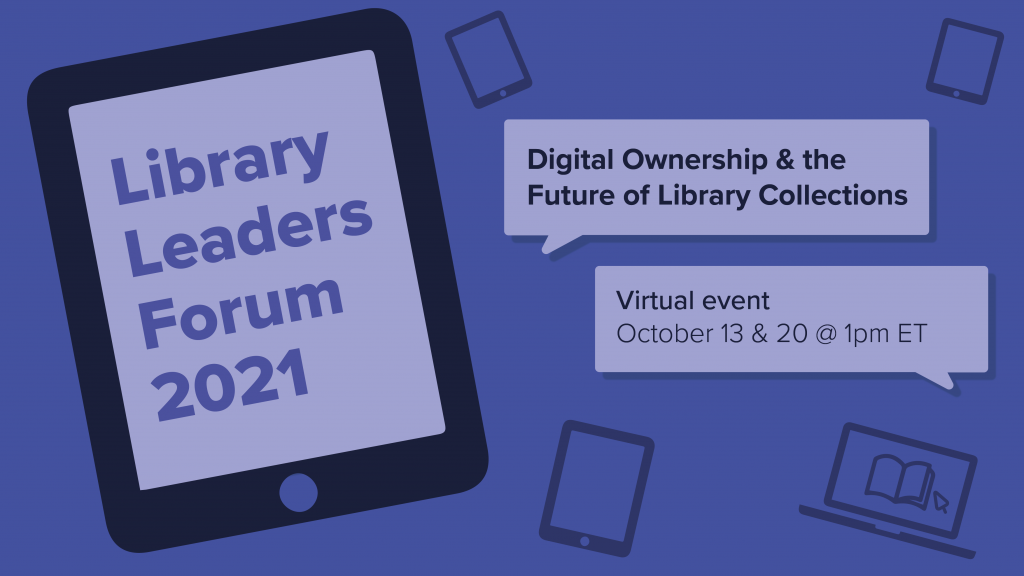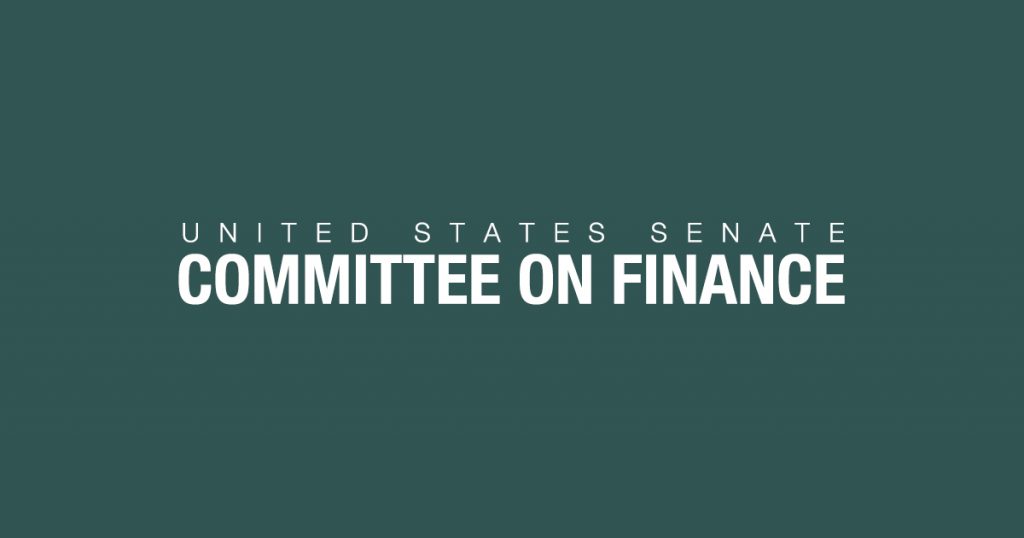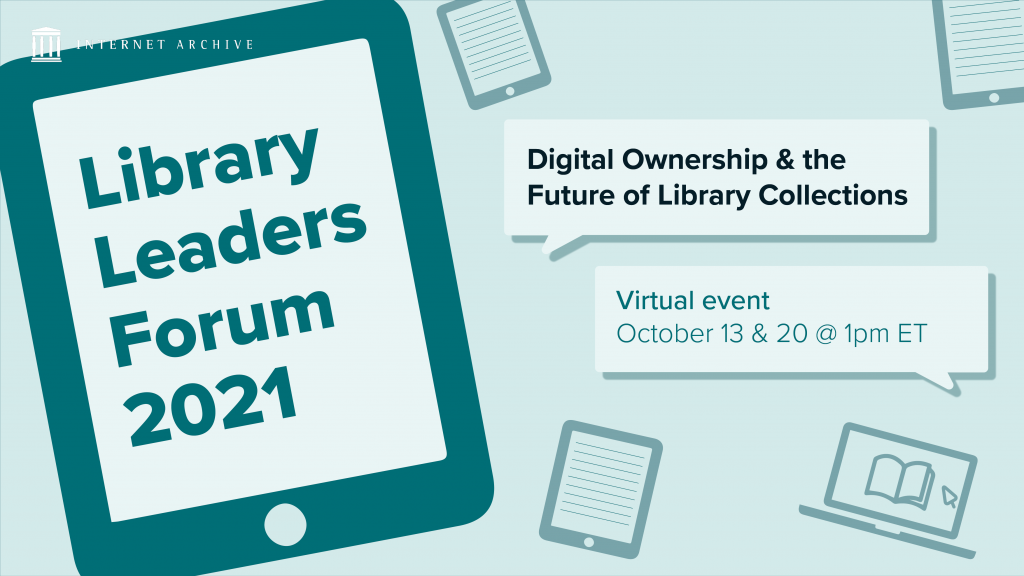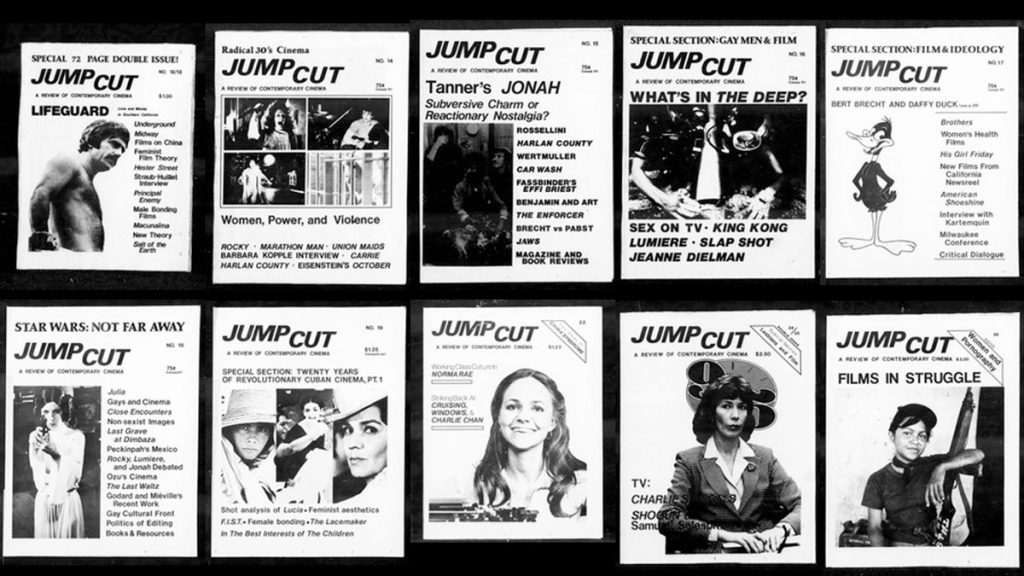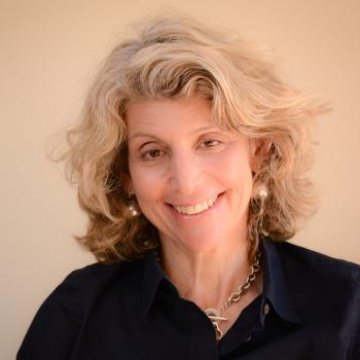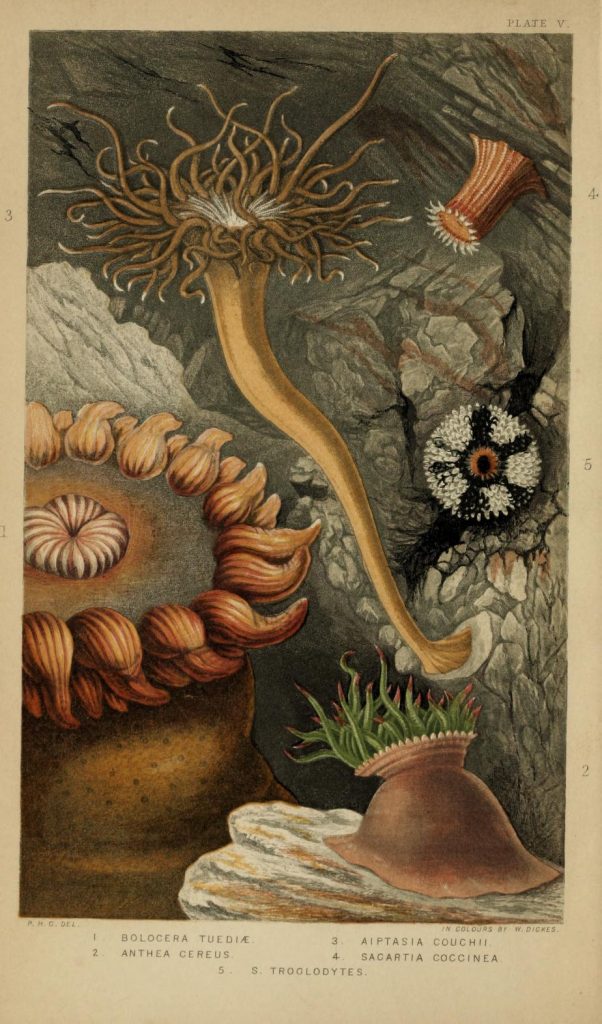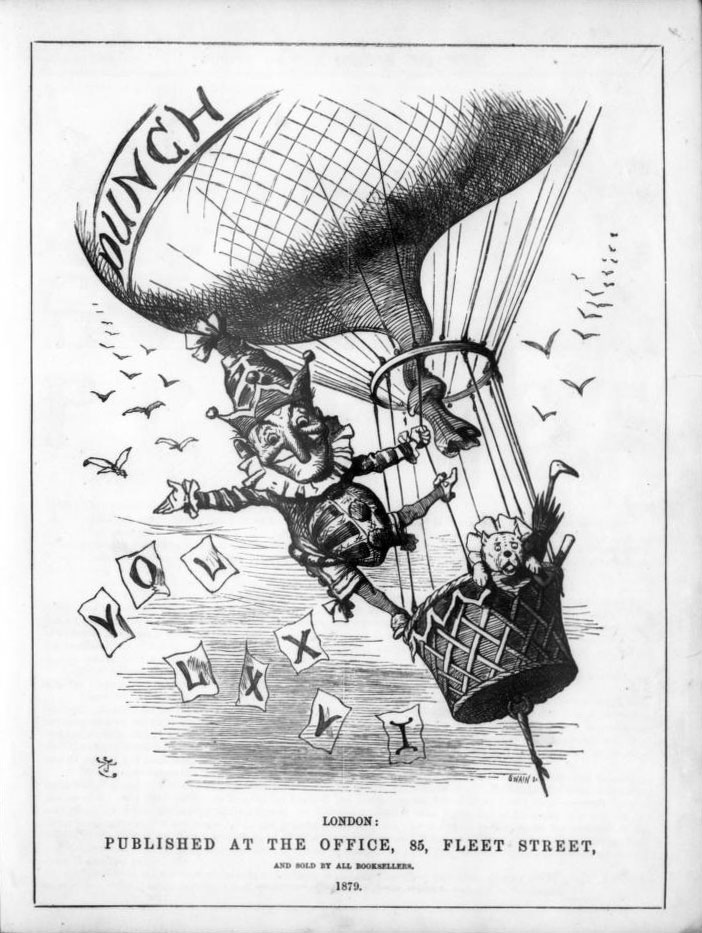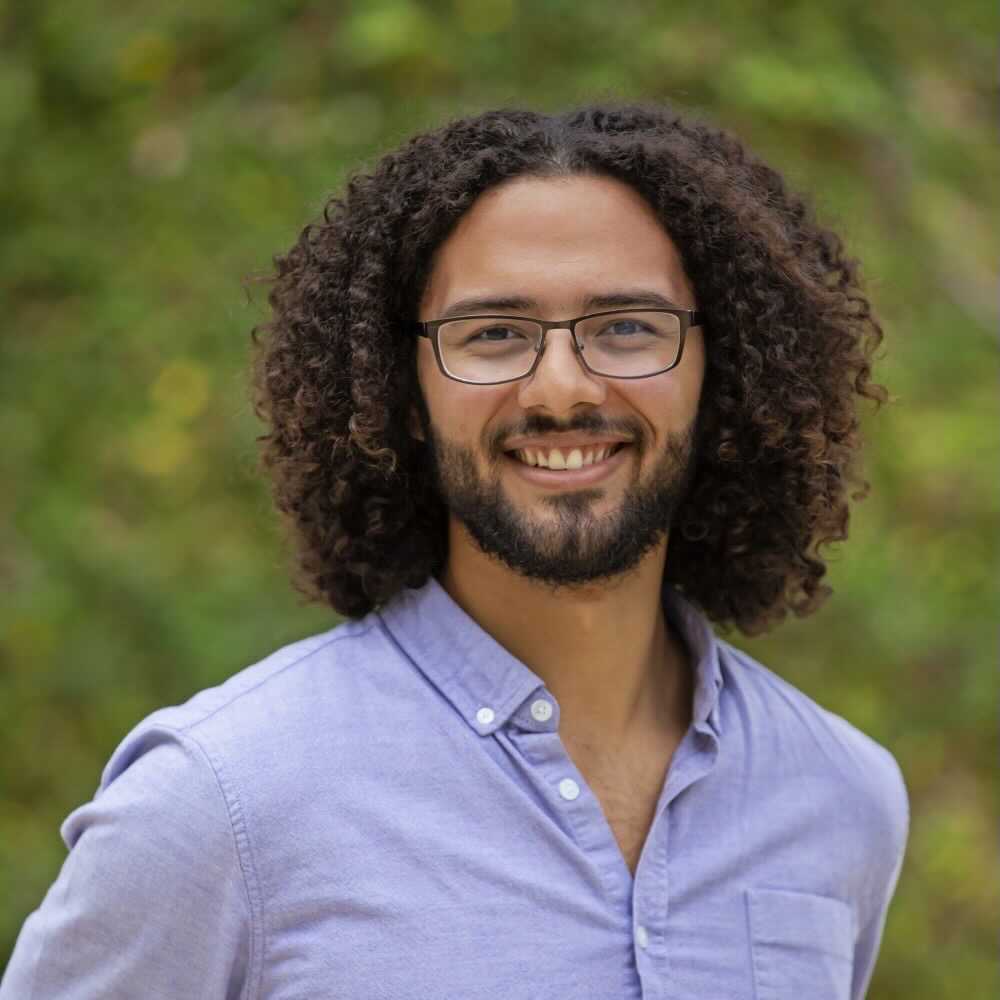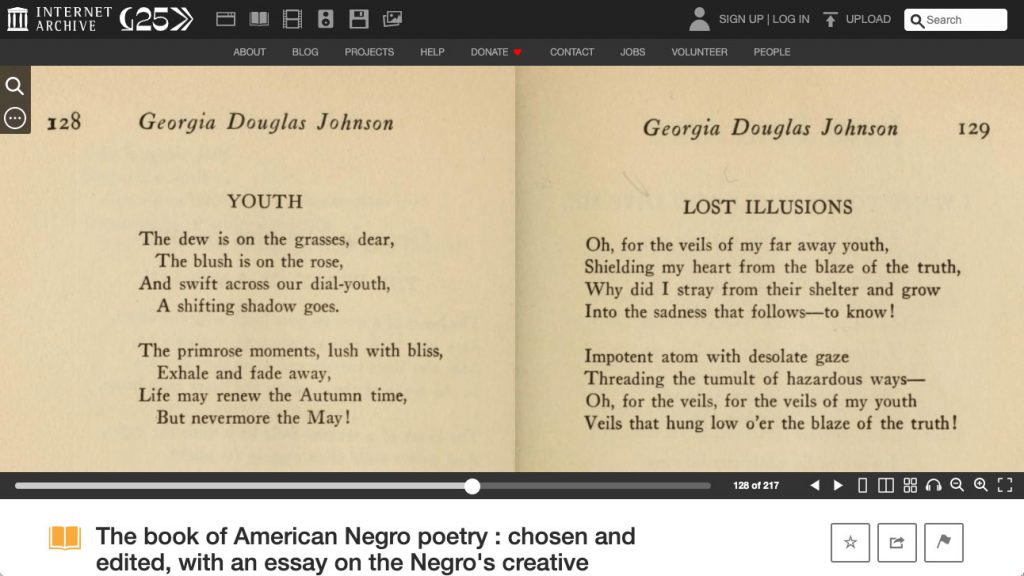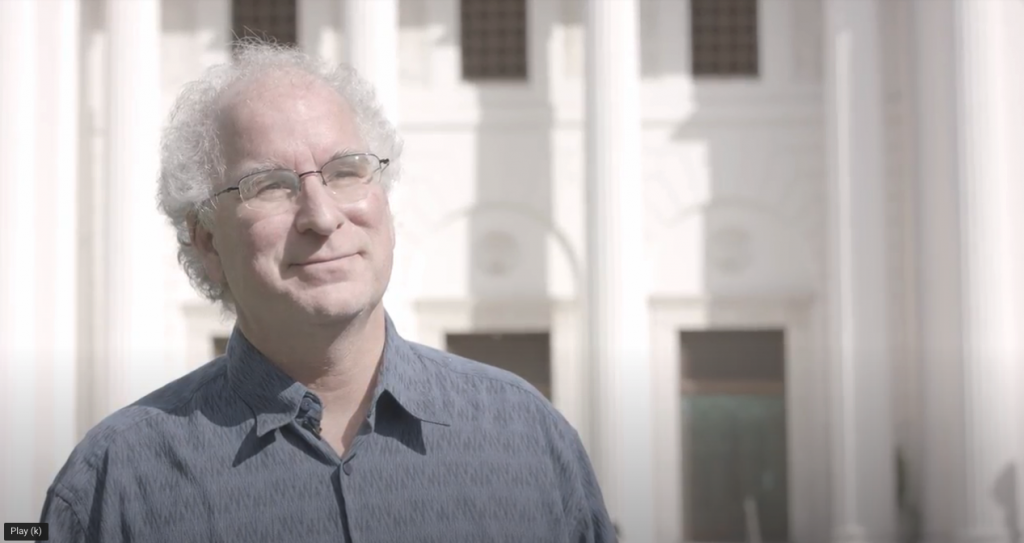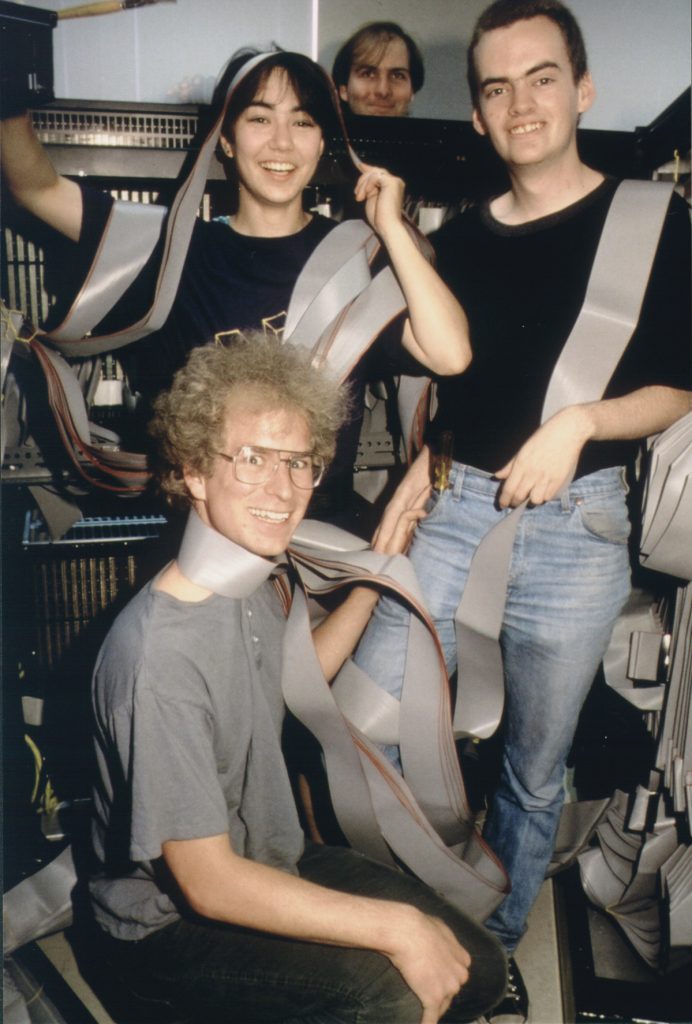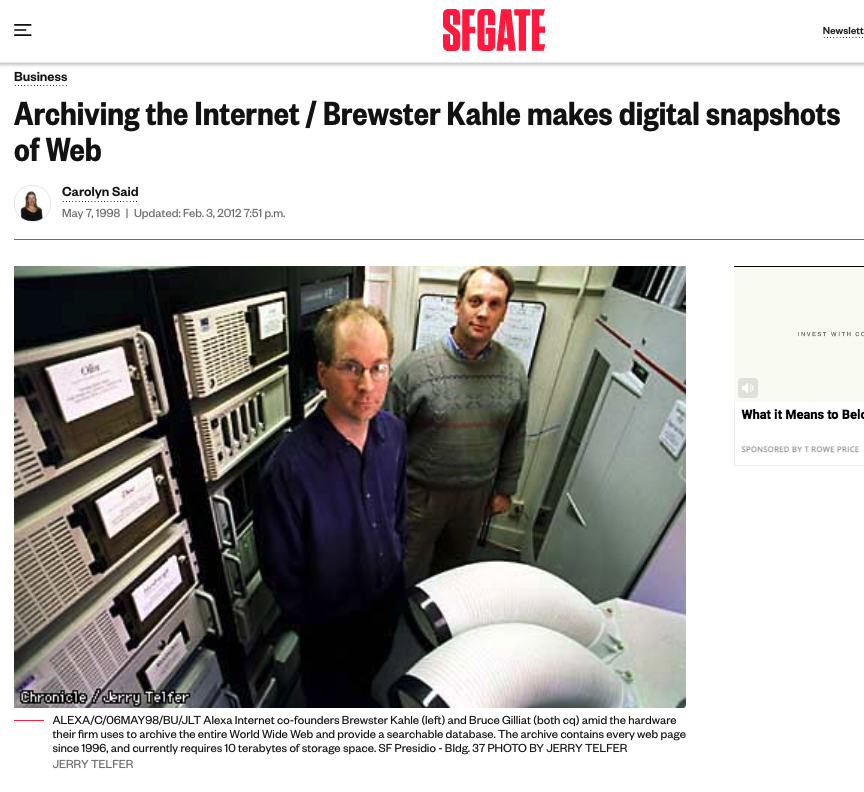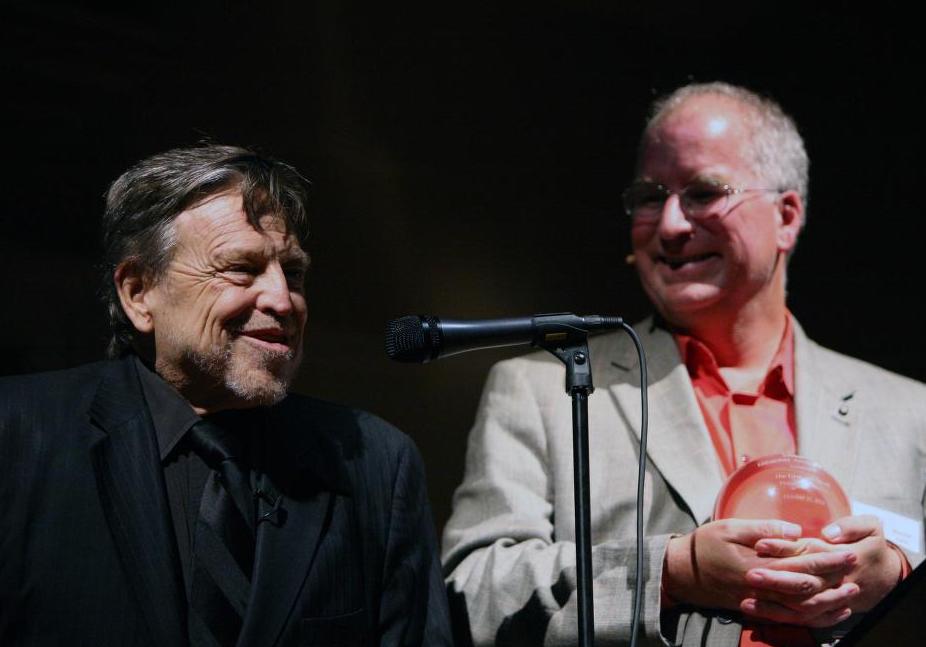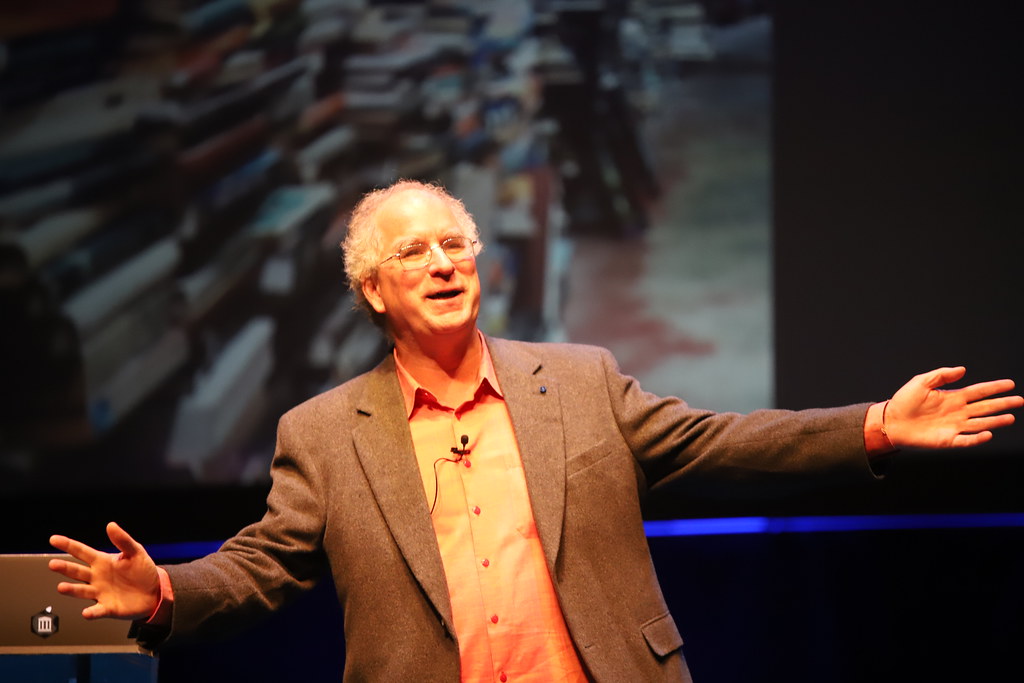Announced today at the Library Leaders Forum, librarians Kanta Kapoor (Manager, Support Services, Milton Public Library) and Lisa Radha Weaver (Director, Collections and Program Development, Hamilton Public Library) will each receive this year’s Internet Archive Hero Award for helping their communities stay connected to digital books during the pandemic. They will be presented their awards at next week’s Library Leaders Forum session—register now.
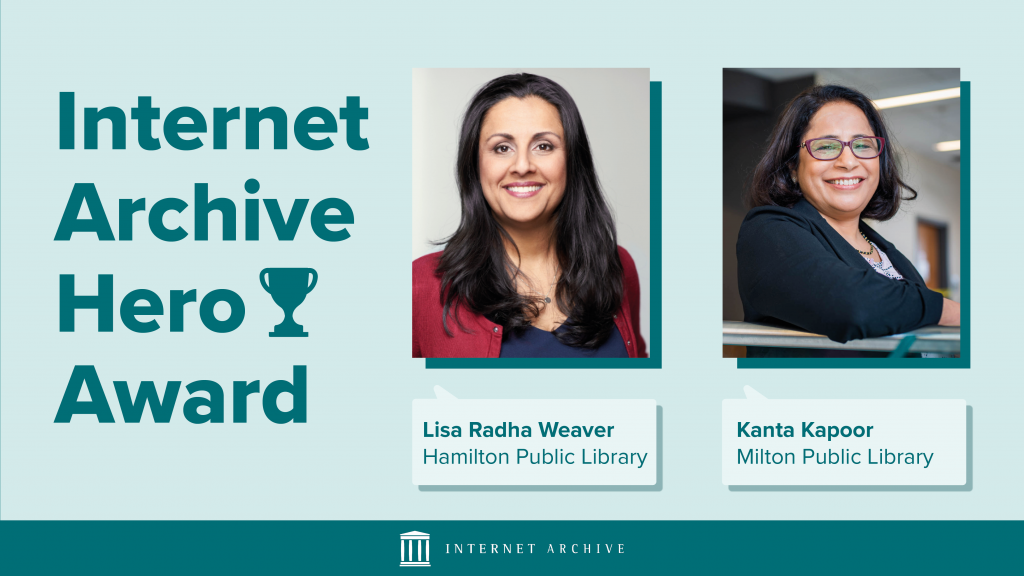
The Internet Archive Hero Award is an annual award that recognizes those who have exhibited leadership in making information available for digital learners all over the world. Previous recipients have included librarian and professor of law Michelle Wu, Phillips Academy, the Biodiversity Heritage Library, and the Grateful Dead.
This year, we were looking for libraries and librarians who rose to the challenge—this was the year that libraries and librarians have been needed like never before. We wanted to acknowledge the hard work of people who went above and beyond to meet the needs of their communities.
Kanta and Lisa both exemplify the spirit of an Internet Archive Hero:
- They helped both of their organizations become early adopters of Controlled Digital Lending in 2019. Of course no one knew it at the time, but that early move helped their patrons stay connected to resources throughout library closures of 2020 and 2021 by already having tens of thousands of digitized books available through each library’s participation in the Internet Archive’s Open Libraries program.
- They donated collections to the Internet Archive that no longer fit their library’s local collection development priorities, so that we could preserve and digitize the books, and make them available to digital learners everywhere. You can learn more about the theater books donated from Hamilton Public Library and the 30,000 books donated by Milton Public Library.
- They were resources to their professional networks, acting as a point of reference for other librarians interested in learning more about Controlled Digital Lending.
- They thought broadly about access to collections, considering not only, “What helps my local community?” but also, “What helps the global community?”
In addition to their shared achievements, they also brought their individual strengths to their work:
Kanta’s persistent, steady, and polite pushes—whether about donations logistics, joining Open Libraries, or offering suggestions to expand the program—are what it takes to make things happen. Kanta’s gracious and humble nature belie her steely resolve and approach to program advancement: Kanta just kept at it, politely, until she got the results that she thought was right for her library and her community.
Lisa has joined discussions about Controlled Digital Lending since 2019, participating in several panel presentations for librarians and even participating in discussions with US lawmakers and policy experts alongside ALA Annual in Washington, D.C. Lisa’s professionalism and thoughtfulness helped librarians new to the practice of Controlled Digital Lending understand how their library could benefit.
Celebrate
Join with us in celebrating Kanta and Lisa at next week’s Library Leaders Forum. Registration is free for the virtual event.
Library Leaders Forum
October 20 @ 10am PT / 1pm ET – Register now
